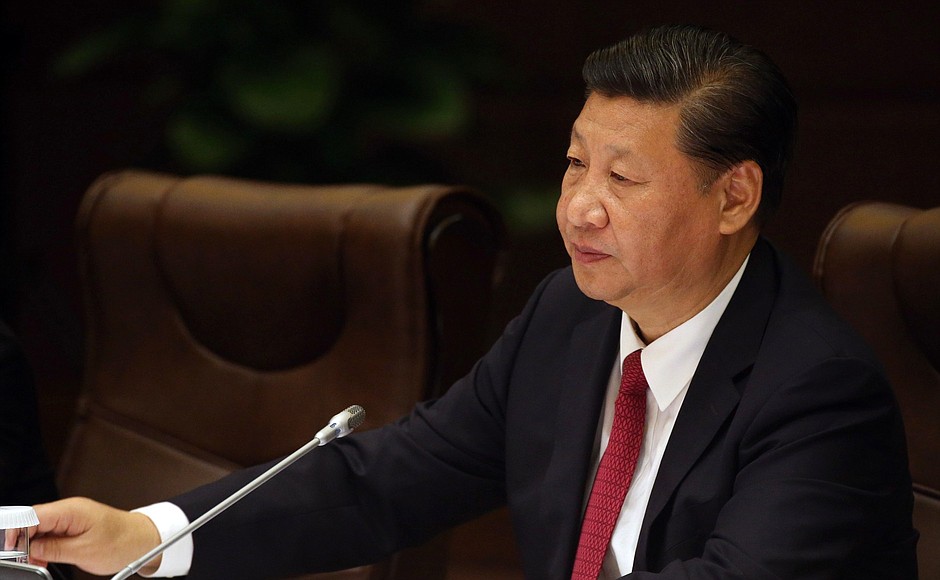Xi Jinping’s efforts to recentralize political power have triggered a debate over if these changes will destroy the “authoritarian responsiveness” in China credited with regime durability. This review essay assesses “responsiveness” based on empirical research on three types of mechanisms through which the Hu-Wen administration interacted with citizens – within official settings (e.g. responding through government online portals), beyond official government arrangements (e.g. responding to protesters), and channels “in between” (e.g. responding to public outcry on social media). Recent studies seem to suggest that government responsiveness has been declining due to the centralization of political control, the tightening of ideological discipline, and the intolerance of citizen participation. Through our evaluation of the literature on responsiveness of the Chinese government under Xi’s leadership, we find that although initial signs of a less responsive government do exist, there are also counter-forces both inside and outside of the political system. Our findings suggest the need for longitudinal empirical studies of responsiveness to understand if the government might be less resilient due to changing feedback mechanisms.
journal: Journal of Chinese Political Science






